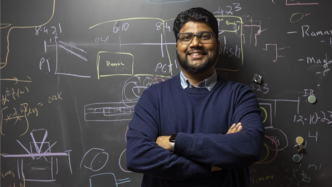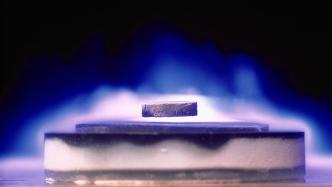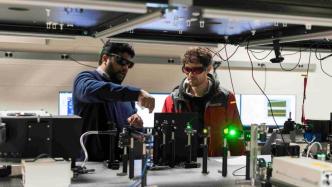
The website of the British magazine Nature recently published an article saying that a 124-page investigation report from the University of Rochester in the United States detailed the academic misconduct of Ranga Dias, a researcher of room-temperature superconducting materials at the university, including data falsification and plagiarism.
Dias has attracted much attention from the scientific community because his team claimed to have developed room-temperature superconducting materials, but the papers published by the team have been retracted several times by scientific journals such as Nature.
In March this year, the Nature magazine website reported that Dias's team had falsified data in their room-temperature superconductivity paper. The latest detailed investigation report was exposed due to a lawsuit filed by Dias against the University of Rochester in December last year.
The article introduced that the University of Rochester commissioned an independent expert group to conduct a 10-month investigation, which ended in February this year. The expert group investigated 16 allegations against Dias and concluded that Dias was likely to have committed academic misconduct in each allegation. The University of Rochester plans to fire Dias before his contract expires.
The article said that the investigative report submitted by the University of Rochester to the court systematically explained how Dias deliberately misled his co-authors, journal editors and the scientific community. For example, he lied to his partners at the University of Nevada, Las Vegas and researchers at the University of Rochester about the source of the data, falsely claiming that the measurements were conducted at the other university. The report pointed out that Dias promised to provide the original data many times, but never did so.
The article also said that a spokesperson for the University of Rochester called the investigation process "fair and thorough" and reached the right conclusion. Dias did not respond to Nature's request for comment, and his lawyer referred Nature to documents submitted by Dias in related lawsuits. In one of the documents, Dias said: "It is necessary to reaffirm the basic integrity and scientific validity of our work amid criticism and accusations."
The room-temperature superconductor research papers published by Dias' team were retracted twice by Nature magazine. In addition, Dias' team also published research papers in the US Physical Review Letters and the British Chemical Communications magazine, which were also retracted.


